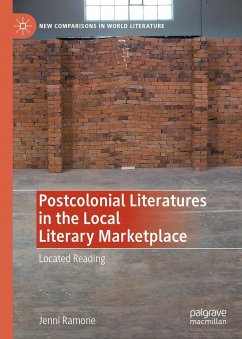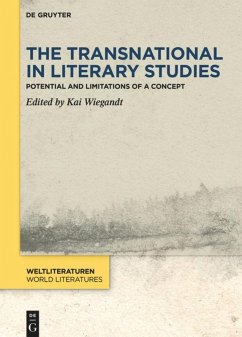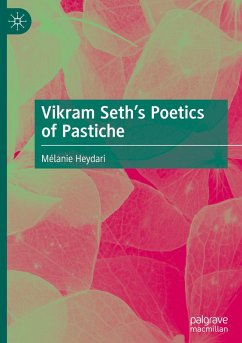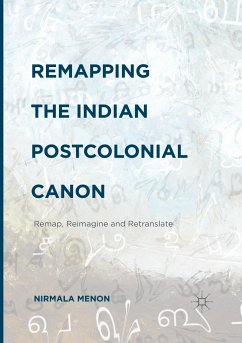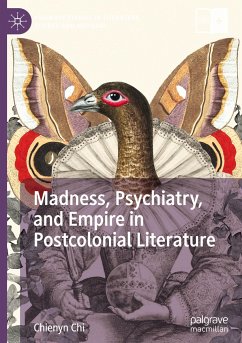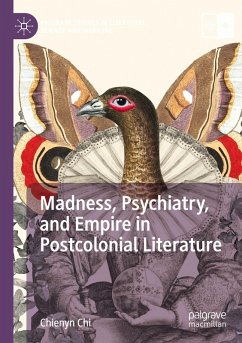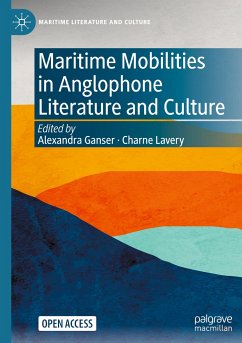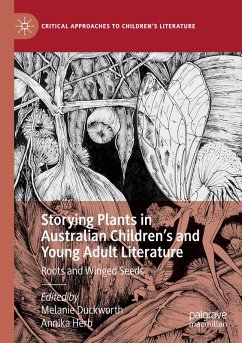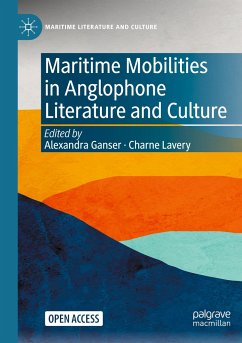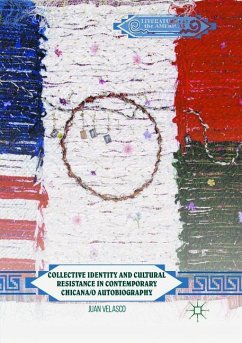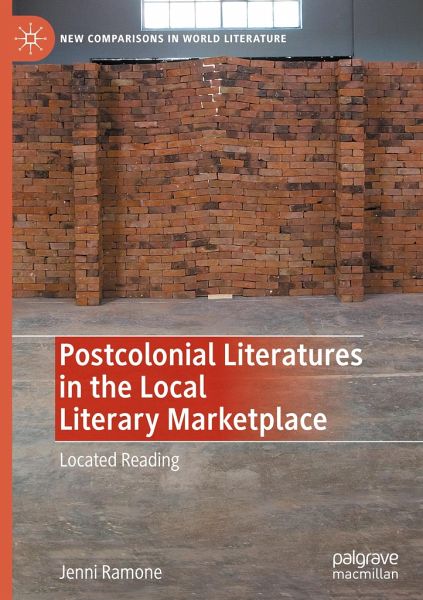
Postcolonial Literatures in the Local Literary Marketplace
Located Reading
Versandkostenfrei!
Versandfertig in 6-10 Tagen
106,99 €
inkl. MwSt.
Weitere Ausgaben:

PAYBACK Punkte
53 °P sammeln!
This book asks what reading means in India, Nigeria, the UK, and Cuba, through close readings of literary texts from postcolonial, spatial, architectural, cartographic, materialist, trauma, and gender perspectives. It contextualises these close readings through new interpretations of local literary marketplaces to assert the significance of local, not global meanings. The book offers longer case studies on novels that stage important reading moments: Alejo Carpentier's The Lost Steps (1953), Leonardo Padura's Adios, Hemingway (2001), Tabish Khair's Filming (2007), Chibundhu Onuzo's Welcome to ...
This book asks what reading means in India, Nigeria, the UK, and Cuba, through close readings of literary texts from postcolonial, spatial, architectural, cartographic, materialist, trauma, and gender perspectives. It contextualises these close readings through new interpretations of local literary marketplaces to assert the significance of local, not global meanings. The book offers longer case studies on novels that stage important reading moments: Alejo Carpentier's The Lost Steps (1953), Leonardo Padura's Adios, Hemingway (2001), Tabish Khair's Filming (2007), Chibundhu Onuzo's Welcome to Lagos (2017), and Zadie Smith's Swing Time (2016). Chapters argue that while India's literary market was disrupted by Partition, literature offers a means of moving beyond trauma; in post-Revolutionary Cuba, the Special Period led to exploitation of Cuban literary culture, resulting in texts that foreground reading spaces; in Nigeria, the market hosts meeting, negotiation, reflection, and trade, including the writer's trade; while Black consciousness bookshops and writing in Britain operated to challenge the UK literary market, a project still underway. This book is a vindication of reading, and of the resistant power and creative potential of local literary marketplaces. It insists on 'located reading', enabling close reading of world literatures sited in their local materialities.





